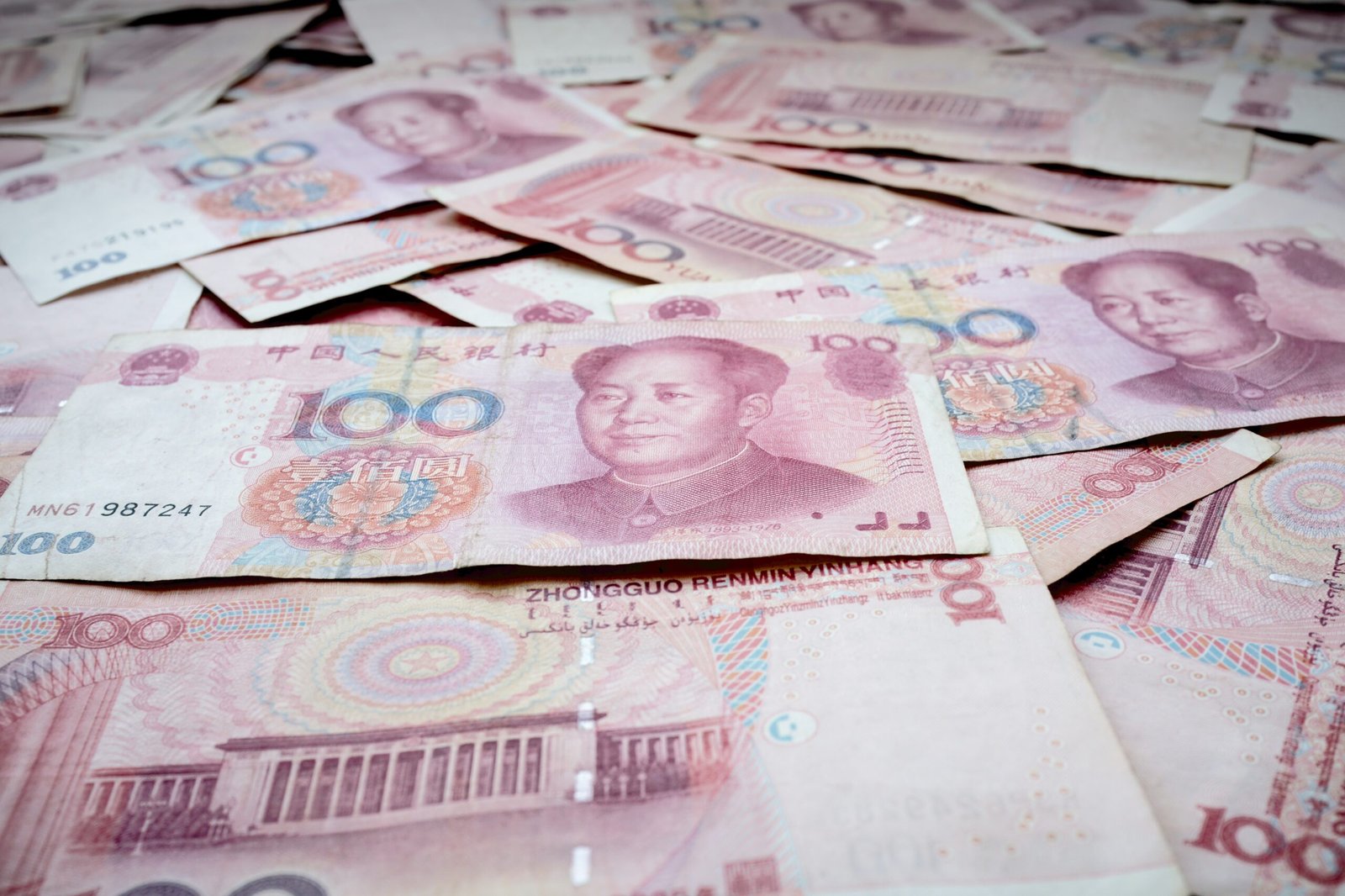A Comprehensive Analysis of Systemic Corruption within the CCP
CCP Corruption Problems Stem from Institutional Defects:
Emphasizes that high-level CCP corruption phenomena are attributed to “the highly centralized CCP government, lacking independent checks and balances or accountability mechanisms,” “legal regulations controlled by CCP leadership,” “lack of constraints on public officials,” “non-transparent government mechanisms,” and other factors. Today’s CCP officials mostly engage in bribery and corruption by exploiting “the convenience of their official positions” and “personal relationship networks.” According to an academic study of Chinese criminal corruption cases, corruption among high-level bureaucrats is extremely serious, with over 80% of accusations involving bribery. Furthermore, the “National People’s Congress” has become a breeding ground for corruption, with many people bribing their way to participate in the institution or to obtain secret information and documents from the party’s central committee.
CCP’s Double Standards in Anti-Corruption Targets:
Emphasizes that although Xi Jinping is strongly fighting corruption, there are no relevant regulations for examining leaders’ wealth. This can be contrasted with Taiwan’s property declaration requirements for public office election candidates, highlighting that Xi Jinping’s wealth cannot be scrutinized by outsiders.
CCP Leadership “Fighting Corruption Externally, Benefiting Their Confidants”:
Reveals that although CCP leadership’s anti-corruption actions are swift and decisive, they use special privileges and political power to allow their family members to acquire enormous assets. The following two cases are cited: First, former Premier of the State Council Wen Jiabao accumulated enormous wealth, with his mother, wife, son, and siblings holding assets worth at least $2.7 billion in 2012. Second, Xi Jinping’s siblings, nephews, and nieces hold over $1 billion in assets in business investments and real estate.
CCP Anti-Corruption Agencies Have Double Standards and Non-Transparent Enforcement:
Criticizes the CCP’s anti-corruption leading agency, the “Central and Local Discipline Inspection Commissions,” for deliberately avoiding Xi Jinping in their anti-corruption actions, applying inconsistent standards, and using anti-corruption as a means to eliminate political opponents. This is because the “Central and Local Discipline Inspection Commissions” directly report to central leadership without external oversight mechanisms, lacking independent external supervision, which may lead to arbitrariness in pursuing corruption cases. The CCP’s unwillingness to allow external supervision, preferring self-correction, may be due to concerns that independent institutions would weaken central control, limiting the prospects for accountability and comprehensive reform.
Central Policy Implementation Creates Local Financial Corruption:
Because the CCP central government requires local governments to submit economic development report cards, local officials often use their official positions to seek personal benefits when implementing relevant policies. According to statistics, at least 8 to 65% of CCP local officials are involved in bribery and corruption, and such income can increase officials’ salaries by 4 to 6 times or more.

